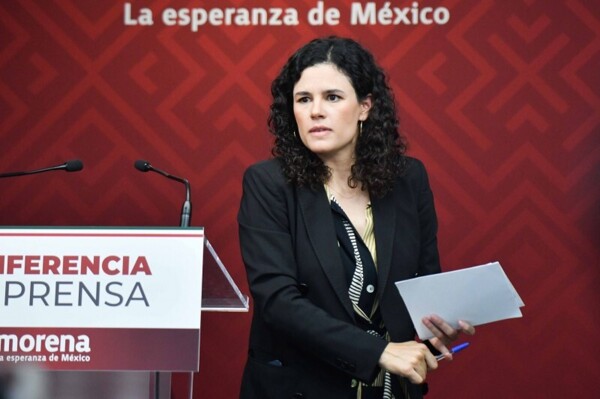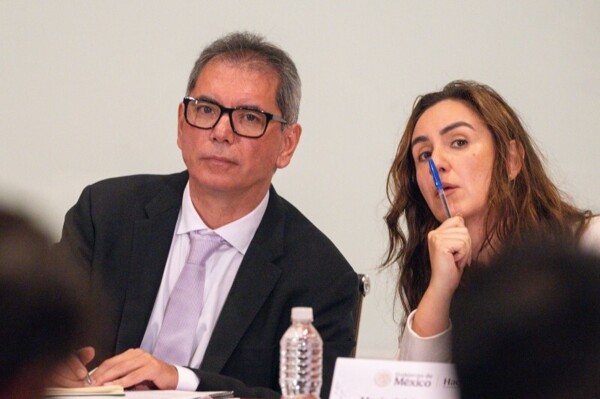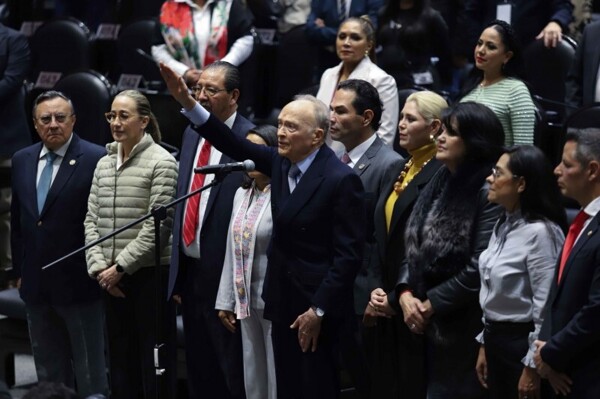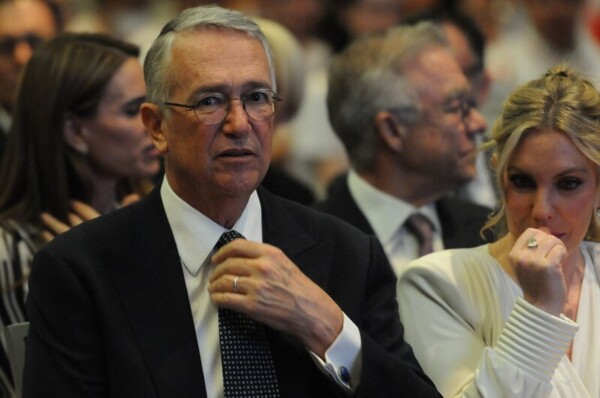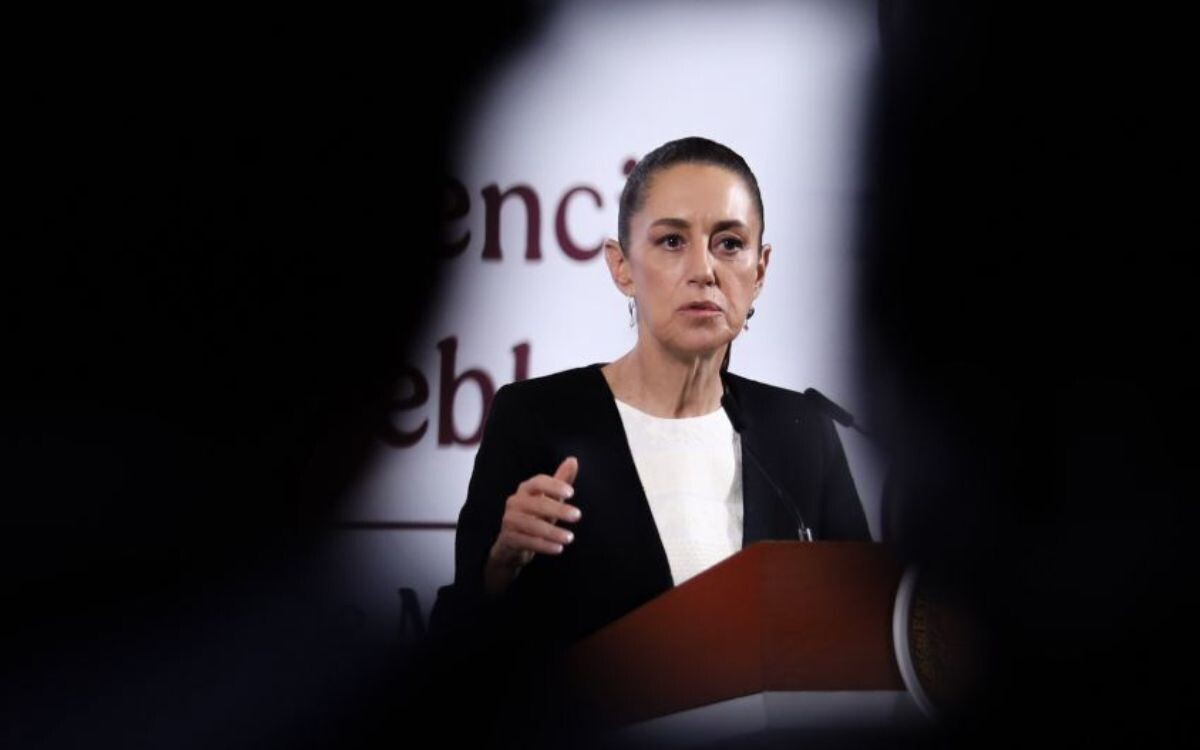
President Claudia Sheinbaum strongly rejected, during her morning conference, that the withdrawal of the proposed reform to the ISSSTE Law should be interpreted as a sign of weakness on her part, as her opponents claim. Sheinbaum Pardo, who highlighted her experience as a teacher in the past, stated: "Anyone who thinks that this is a position of weakness is looking for someone who lacks sensitivity towards teachers. And that is not me."
The leader explained that the withdrawal of the proposal is due to the misinformation that arose around the reform, and that dialogues continue to address the underlying issues beyond a specific reform. Sheinbaum pointed out that her priority is to guarantee the benefits that the law provided, and now, through presidential decrees, efforts will be made to maintain the most relevant points of the reform for the benefit of state workers.
For his part, Mario Delgado, Secretary of Public Education (SEP), started the conference at the National Palace explaining that the withdrawal of the proposal was made to avoid misinterpretations and misinformation that do not correspond to the true intention of the reform. Delgado also assured that the search will continue for FOVISSSTE to condone and carry out reductions in cases of debts for housing purchases, as well as recover the ability to build houses.
In addition, efforts will be made to freeze the minimum retirement age, which currently increases over the years, keeping it at 58 years for men and 56 for women. To consolidate these points, forums will be held in schools as part of the process to develop a proposal that will replace the withdrawn reform of the ISSSTE Law.











